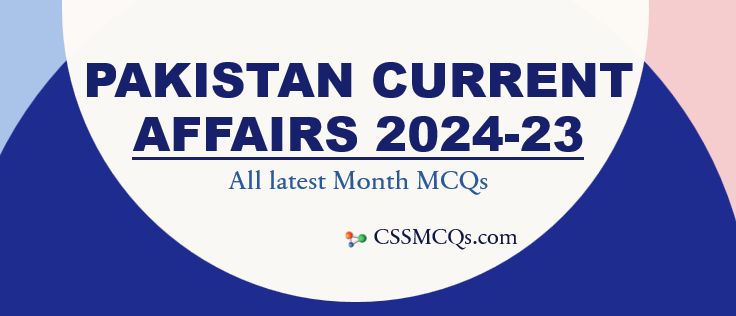SUMMARY of the Article “Bilateral Progress,” Dawn, October 18th, 2024
Imp Pak Vs India Ongoing Ties
The article reflects on the diplomatic interactions between Pakistan and India during Indian External Affairs Minister S. Jaishankar’s visit to Islamabad for the SCO (Shanghai Cooperation Organisation) summit. Although no substantial bilateral breakthroughs were expected or achieved, the atmosphere was notably more amicable than the usual hostility that defines relations between the two nations. Minister Jaishankar reiterated India’s concerns about ‘cross-border terrorism’, a longstanding rhetorical position, yet refrained from directly naming Pakistan, showcasing a shift towards a more diplomatic tone. Indian Prime Minister Narendra Modi’s absence from the summit, despite the presence of other heads of government, was noted; however, India’s participation, even through a top diplomat, was seen as a positive step, given the strained relations. The article highlights the importance of multilateral platforms like SCO in fostering regional dialogue, which India seems more willing to engage with compared to the moribund Saarc, largely due to its reluctance to engage Pakistan through that platform. Jaishankar’s comments touched upon terrorism and separatism as impediments to improving ties, echoing India’s traditional stance. However, Pakistan’s concerns, including the Kashmir dispute, the treatment of Muslims in India, and India’s alleged support for subversive activities in Pakistan, remain key issues. The article emphasizes that sustained dialogue, free of interruptions, is essential to resolving differences and » Read More…


